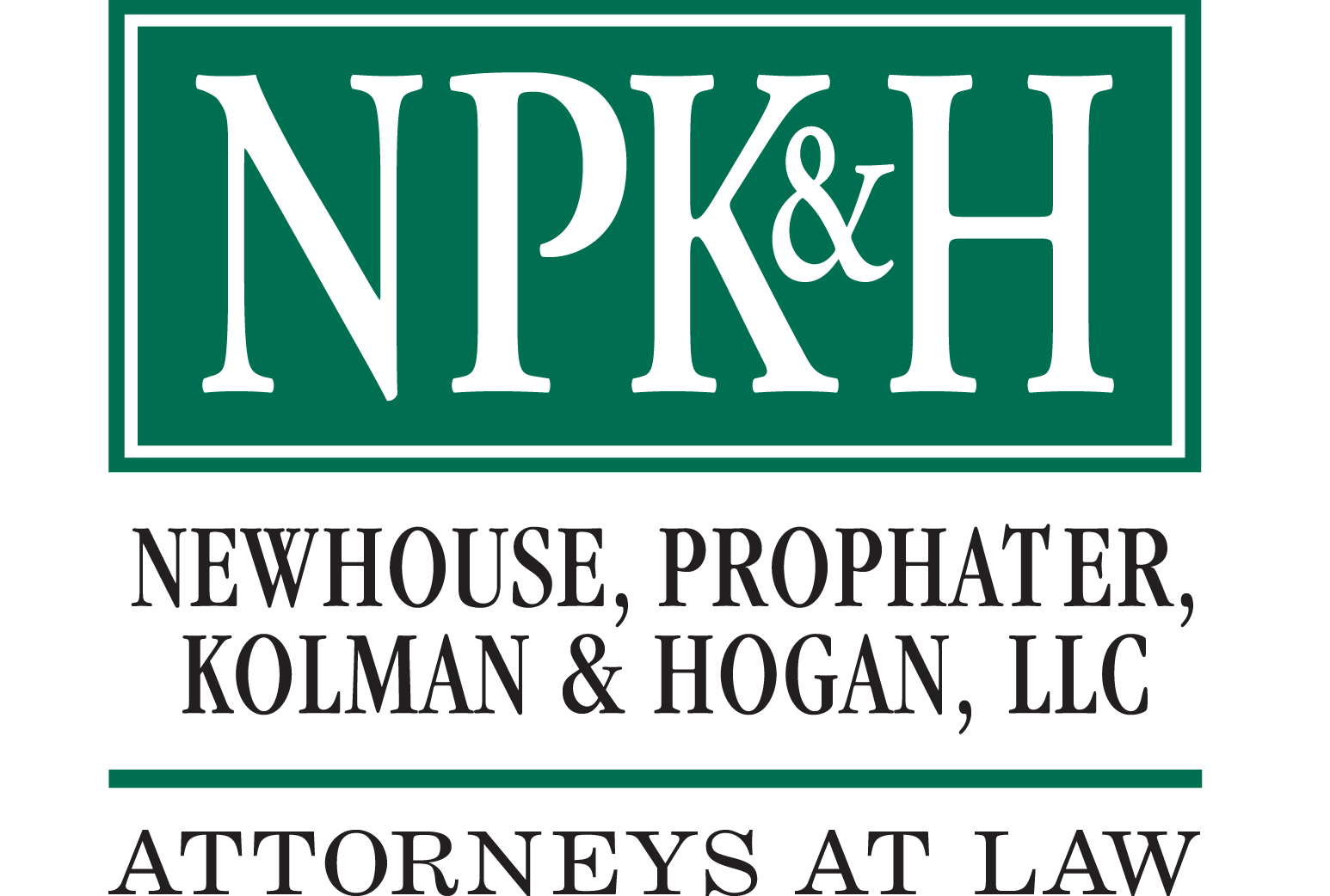Articles
ALTERNATIVE DISPUTE RESOLUTION
by:
D. Wesley Newhouse
Newhouse, Prophater, Kolman & Hogan, LLC
Tel: (614) 255-5441
I. ARBITRATION
A. What is Arbitration?
Arbitration is the submission of a dispute to a person or a panel of persons
who have the contractual or statutory authority to hear evidence and make
final decisions.
B. When does Arbitration happen?
Arbitration occurs when there is a contract, signed in
advance, requiring that disputes be submitted to Arbitration.
The general conditions for design/build sole
contracts require arbitration.
See AIA A141 (2004), §A.4.4.1.
Arbitration is also required in the general conditions
for construction contracts, AIA 201 (1997), §4.6.1.
Parties can also agree after a dispute has arisen to submit
the dispute to arbitration.
C. Arbitration is mandatory.
Ohio law mandates that disputes be arbitrated if there is an
Arbitration Agreement O.R.C. §2711.03.
Federal law also mandates submission of disputes to
arbitration when there is such an agreement. 9 U.S.C.
§§2, 3
D. Finality
Absent corruption, fraud, misconduct of the arbitrator, or an
arbitrator exceeding his authority, the courts will enforce the
decisions of arbitrators. O.R.C. §2711.10,12; 9 U.S.C. §10.
E. Picking an Arbitrator
The contract usually addresses this by:
Referring to rules of an arbitration organization such
as the American Arbitration Association. See AIA
A141 (2004), §A.4.4.1; AIA 201 (1997), §4.6.2.
By describing the selection process.
If the contract does not address the selection of an arbitrator,
a court will appoint an arbitrator. O.R.C. §2711.04; 9 U.S.C. §5.
What makes a good Arbitrator?
Experience. The arbitrator should be experienced
both in the business of the parties and in serving as
an arbitrator.
Objectivity. There should be no obvious bias as a
consequence of the arbitrator’s work experience or
stated views.
Attentive and Conscientious.
Availability. The arbitrator should live in the locale
of the arbitration and should be available during the
work day to conduct conferences with the parties.
Reasonable rates.
F. Discovery
Exchange of records. Usually, the parties agree to the
exchange of records in advance of the arbitration hearing.
Depositions. Parties usually agree to produce witnesses,
and depositions are limited in number and scope by
agreement. The arbitrator can issue subpoenas to compel
testimony, and the court will compel compliance with the
arbitrator’s subpoena. See O.R.C. §2711.06; 9 U.S.C. §7.
Expert witnesses. The parties usually exchange the
credentials and reports of the experts. Sometimes, the
parties take depositions of the experts.
G. Hearing
Keep it short!
Organize the documents in advance by marking
them as exhibits, tabbing them, putting them in
notebooks and providing an index.
Prepare charts and summaries that illustrate
complex points and consolidate voluminous
materials.
Dispense with evidence and arguments that are not
central to the theme of your case.
Select a comfortable, neutral site for the arbitration.
Agree upon a schedule of witnesses, especially if some must
travel from out of town.
Respect the arbitrator’s time constraints.
H. Appeal
Unless there is corruption or misconduct, arbitration awards
are final and cannot be appealed. O.R.C. §2711.09; 9
U.S.C. §9.
Time Limits. A motion to vacate, modify or correct an
arbitration award must be made within three months of
receipt of the arbitrator’s decision. O.R.C. §2711.13.
II. MEDIATION
A. What is it?
Mediation is a supervised negotiation of a dispute. A neutral third party is
retained by the parties to facilitate the discussion.
B. How is Mediation Different from Arbitration?
The mediator makes no judgments or rulings. The objective
of mediation is agreement, not judgment.
There is no formal presentation of evidence.
Participation is voluntary.
C. When are there mediations?
If the project is subject to AIA contract documents, a dispute
must be submitted to mediation before the parties can
proceed to arbitration. AIA A141 (2004), §A.4.3.1; AIA 201
(1997), §4.5.1. Even though parties are compelled to submit
a dispute to mediation, they are not required to come to an
agreement.
At any time, the parties can agree to mediate. Again, the
agreement to mediate does not create an obligation to
accept resolution of the case if the proposed resolution is
unacceptable with one or more of the parties.
Judges sometimes order parties to participate in mediation.
Again, there is no obligation on the part of the parties to
arrive at an agreement.
D. Confidentiality
Communications made during the course of a mediation are privileged,
and the law prohibits calling mediators as witnesses. O.R. C. §2710.03.
E. How much does mediation cost?
The parties have to pay the mediator. Mediators in central Ohio charge
between $150 to $300 per hour. Ordinarily, the parties agree to split the
cost of the mediator. Most mediations last a half a day to a day.
F. Does it work?
Mediation is remarkably effective. A skilled mediator can communicate,
often more effectively than the lawyers, the weaknesses of the parties’
cases. The parties are often more inclined to acknowledge that resolution
is the better course when an experienced and skilled mediator helps them
see this.
